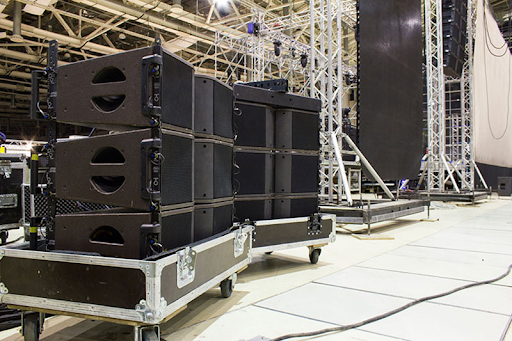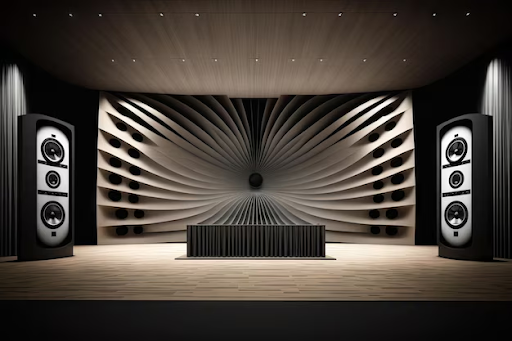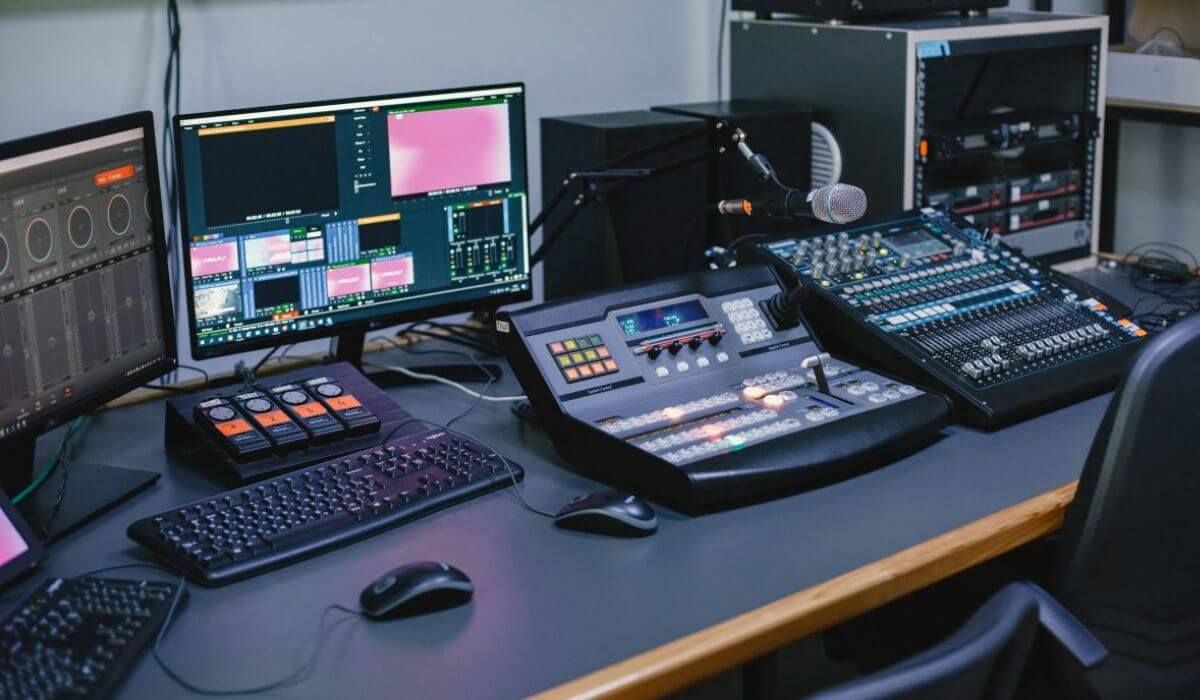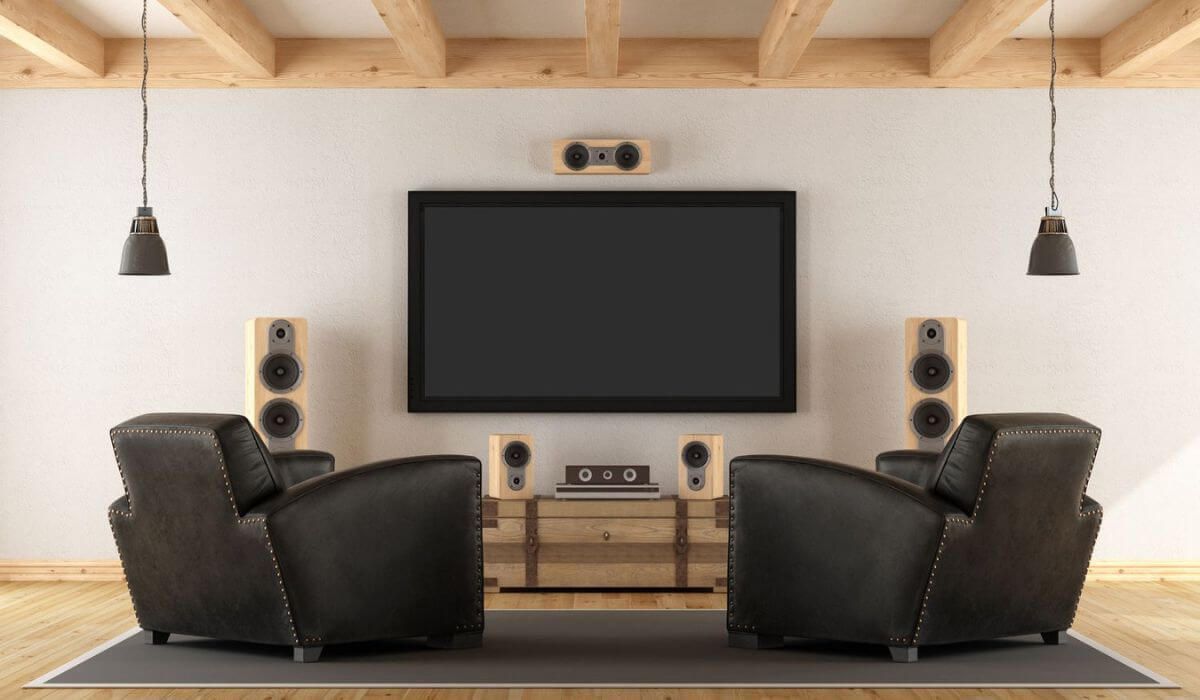The Impact of Acoustics on Sound Systems in Large Venues
Choosing the right sound system for auditoriums is crucial for creating memorable events and performances. The quality of sound can significantly impact audience engagement and the overall experience. In this comprehensive guide, we will explore the key features to consider when selecting sound systems for auditoriums, installation tips, and expert advice to ensure your venue delivers top-notch audio quality.
Why Sound Systems for Auditoriums Matter
Sound systems play a critical role in large venues, ensuring a clear and immersive audio experience. Whether for lectures, concerts, or theatrical performances, the right audio solution can enhance the quality of the event and keep audiences captivated.
The Role of Audio in Audience Experience
Sound clarity is essential for audience engagement. When attendees can hear every note, dialogue, or sound effect, they are more likely to connect with the performance or presentation. Poor sound quality can lead to frustration, reduced comprehension, and an overall lack of engagement. Ensuring clear audio is vital for the success of any event in an auditorium.
Common Sound Challenges in Auditoriums
Auditorium owners often face common audio problems that need to be addressed for optimal sound quality. Issues such as echo and poor sound distribution can hinder the listening experience.
Echo issues can cause sounds to bounce off walls, leading to confusion and muddiness. Additionally, uneven sound coverage can leave certain areas of the audience unable to hear clearly. Addressing these challenges is essential for creating a positive environment for performances and events.
Types of Sound Systems for Auditoriums: Which One is Right for You?
When it comes to sound systems for auditoriums, there are several types to consider, each with its advantages. Understanding the different systems will help you determine the best fit for your venue.
Line Array Systems for Large-Scale Venues
Line array speakers
are designed for large audience coverage, making them ideal for auditoriums with significant seating capacity. These systems offer wide sound dispersion, ensuring that everyone in the venue receives a consistent audio experience. Additionally, line array systems can be scaled to fit the size of the venue, providing versatility for various events.
Point Source Systems for Medium and Small Venues
Point source sound systems
are another popular choice, especially for medium and small auditoriums. These systems provide focused audio projection, allowing for clear sound in more intimate settings. Point source systems are often more straightforward to set up and can be an excellent choice for venues with fewer technical requirements.
How to Evaluate the Best Sound System for Your Auditorium
When choosing a sound system, several key criteria should be considered to evaluate its performance effectively. Here’s what to keep in mind:
Factors to Consider: Venue Size and Layout
Room dimensions and layout play a crucial role in selecting a sound system. The size of the auditorium affects speaker choice and sound distribution. Larger venues may require multiple speaker placements to ensure even coverage, while smaller spaces may need only a few strategically placed speakers. Understanding your venue’s layout is essential for achieving the best audio experience for all audience members.
Evaluating Speaker Features: Power, Frequency Range, and Durability
When assessing sound systems, it’s essential to evaluate technical aspects such as speaker wattage, frequency response, and durability.
- Speaker Wattage: Higher wattage typically means more power and louder sound, which is crucial for larger venues.
- Frequency Response: A broader frequency range allows for better sound quality, ensuring that low and high frequencies are both delivered clearly.
- Durability: Consider the materials and build quality of the speakers to ensure they can withstand the demands of regular use.
These features directly influence sound quality and the overall performance of your auditorium's audio system.
Professional Installation and Maintenance of Auditorium Sound Systems
To maximize your sound system's potential, professional installation and regular maintenance are essential.
Why Professional Installation Ensures Best Results
Technical expertise in acoustic calibration is crucial for optimizing sound systems. Professional installers understand the nuances of auditorium acoustics and can adjust the system to ensure all components work efficiently together. This level of expertise helps avoid common pitfalls that can lead to poor sound quality.
Routine Maintenance to Extend System Lifespan
Preventative maintenance is key to extending the lifespan of your sound system. Regular checks, cleaning, and tuning ensure that your equipment continues to perform well over time. Here are some maintenance tips:
- Routine Checks: Schedule regular inspections to identify any potential issues before they become significant problems.
- Cleaning: Dust and debris can accumulate on speakers and other equipment, impacting performance. Regular cleaning helps maintain sound quality.
- Tuning: Regularly tune the system to adapt to changes in the auditorium's layout or usage.
Implementing these maintenance practices can help you avoid costly repairs and ensure your sound system operates at peak performance.
Conclusion
Selecting the right sound system for your auditorium is vital for ensuring that every event is a success. The quality of sound can greatly influence audience experience, making it essential to consider all aspects discussed in this guide. From evaluating system types to ensuring professional installation and routine maintenance, each step plays a crucial role in achieving optimal sound quality.
If you’re looking to enhance your auditorium's sound system,
reach out to us
for a consultation, a quote, or to book an installation service. Let us help you deliver exceptional audio experiences at your venue!
FAQs about Best Sound System for Auditoriums
What is the best sound system for large auditoriums?
The best sound system for large auditoriums typically includes line array systems due to their ability to provide wide audience coverage. Brands like
JBL,
QSC, and
Meyer Sound
offer excellent options tailored for large venues.
How do I improve sound quality in an auditorium?
To enhance sound quality, consider implementing acoustic treatments, optimizing speaker placement, and utilizing professional tuning services. These measures will help ensure clear and balanced sound throughout the auditorium.
What are the key features to look for in an auditorium sound system?
Essential features include power output, sound coverage, compatibility with wireless microphones, and the ability to connect to additional audio sources. These features are vital for achieving a versatile and effective sound setup.
Can I install an auditorium sound system myself?
While DIY installation is possible, professional installation is highly recommended. Expert installers can optimize system performance, ensuring that all components work together seamlessly and avoiding potential technical issues.





